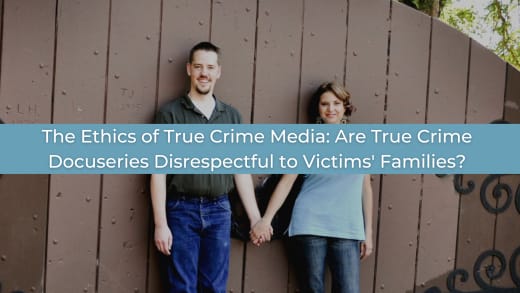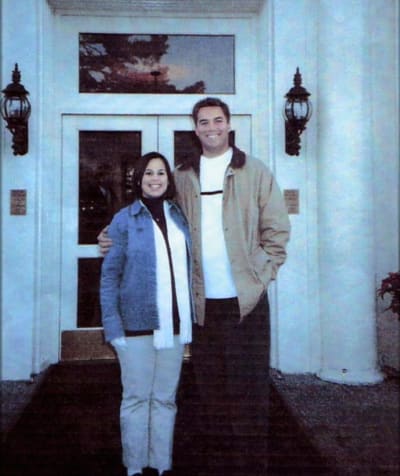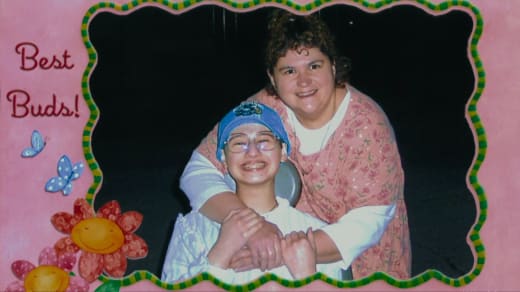The Ethics of True Crime: Are Viewers Complicit In an Exploitative Enterprise?

True crime content is easily accessible no matter how you prefer to consume it.
As soon as a horrific crime has been committed, a network (usually Investigation Discovery) is chasing the story to turn it into the next big docu-hit. With little holding these networks back legally or financially, they can quickly produce compelling, detailed docuseries.
The question is: should they?
It’s a complicated question, and we’re not the first to ask it.
The voyeuristic obsession with some of the most unfathomable horrors that could happen to a person isn’t new.
More than a century ago, people were desperate to learn new facts about the Jack the Ripper case as soon as they were revealed, and writers and publishers were happy to oblige.
There seem to be two leading schools of thought surrounding the ethics of this kind of media.
The first is that heinous crimes deserve to be brought to light and given attention so that people will push for them to be solved and the perpetrators to be brought to justice.
When criminal cases receive widespread media attention, the public is more likely to get involved and demand answers.
This pressure often ignites investigators’ passions, leading to the use of more resources and, theoretically, the solving of more cases.
The second school of thought leans toward the notion that true crime docuseries do little more than make monsters famous and capitalize on tragedy.
While families are grieving, the public is invited to scrutinize every detail of the case.
Sometimes, this means families are harassed by people who feel entitled to access them.
This critique of true crime media isn’t unfounded.
Chris Watts, who is currently serving three consecutive life sentences in prison after being convicted of murdering his pregnant wife and two young daughters, has amassed a following for himself.
People who have become familiar with his case through the media regularly write him fan mail and, in some cases, love letters.
Watts isn’t the only one.
Serial killers like Jeffrey Dahmer and Ted Bundy famously have large fan clubs, and Laci Peterson’s husband-turned-murderer, Scott, has said he particularly enjoys receiving fan mail.
Is the fame and notoriety of convicted murderers the trade-off for widespread access to true crime stories?
It certainly seems to be, and it makes sense.
People aren’t usually interested in the personality or history of the victim in these cases.
It’s the inner workings of a murderer they want to get inside.
People want to know what makes murderers tick so badly that several docuseries focusing on just that have spawned as a result.
But what about the victims’ families?
As it turns out, there are no laws preventing networks and documentarians from creating shows based on criminal cases, even if the victim’s family does not consent to the story being told.
Since court documents are typically public records, most of the information needed to compel an audience is available.
Add in a few interviews with friends of the family, especially people who knew the killer, and you’ve got yourself a hit.
Of course, there are times when the family members of murder victims are accused of leveraging their loss for fame, as was the case with the JonBenét Ramsey and Caylee Anthony cases.
At that point, the question of ethics takes a hard left turn.
People will always want to satisfy their morbid curiosity by engaging with true crime content.
As long as that remains true, networks like ID, Oxygen, and Lifetime are going to continue milking that cash cow. And who can blame them?
Is it ethical? That’s debatable.
Most people, even avid true crime buffs, expect empathy when it comes to the series that have arisen after brutal crimes.
But for every handful of quiet observers seeking this kind of content out of reverent curiosity, there may be one or two people with more sinister outlooks on the whole concept.
Those are the ones who end up harassing the family members of victims or writing letters of admiration to the perpetrators in prison.
Perhaps the ethics come down to intention. Is there inherently a difference between the different types of people who consume the content?
Consider someone who religiously watches true crime movies and docuseries, eagerly waiting for the final episode where the murderer is brought to justice.
Now, compare that person to one who watches these series while hoping to see crime scene photos and learn fun facts about the killer.
Is one more ethical than the other?
Is it instead about action?
Is the dedicated viewer who simply discusses their hopes for justice in online forums consuming true crime content more ethically than someone who is just as dedicated but uses information from the series to find fault with the victim and defend the killer?
At the end of the day, the people whose opinions matter most here no longer have a voice.
Because of that, there’s no easy way to know whether the pros of media attention outweigh the cons.
We recommend erring on the side of caution.
If you want to get your true crime fix as ethically as possible, clear of series that glorify murderers and opt for ones that focus on telling the victims’ stories and facts of their cases.
What do you think?
Is there an ethical way to consume true crime content?
Let us know in the comments where you land.
Haley Whitmire White is a staff writer for TV Fanatic. You can follow her on X.









